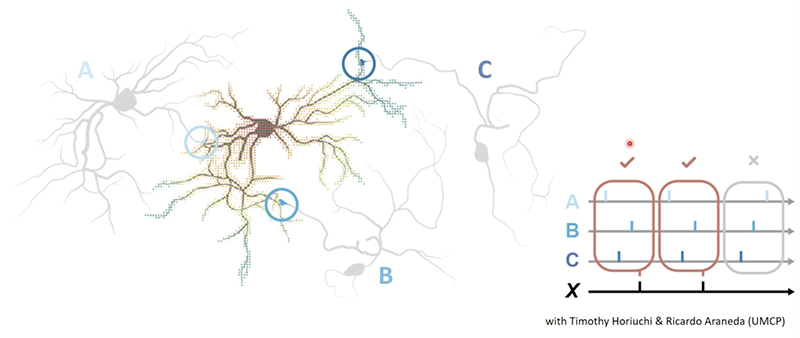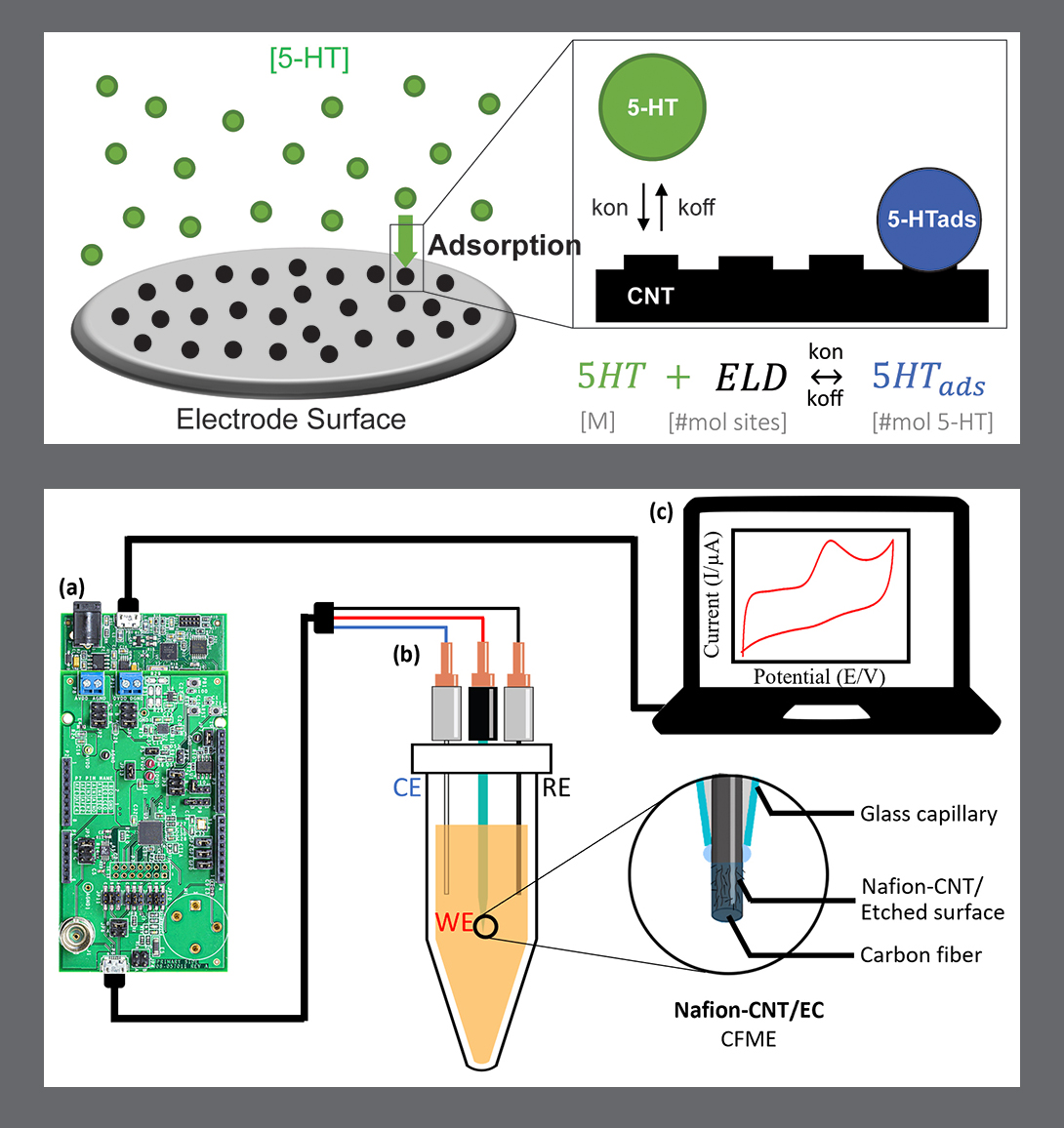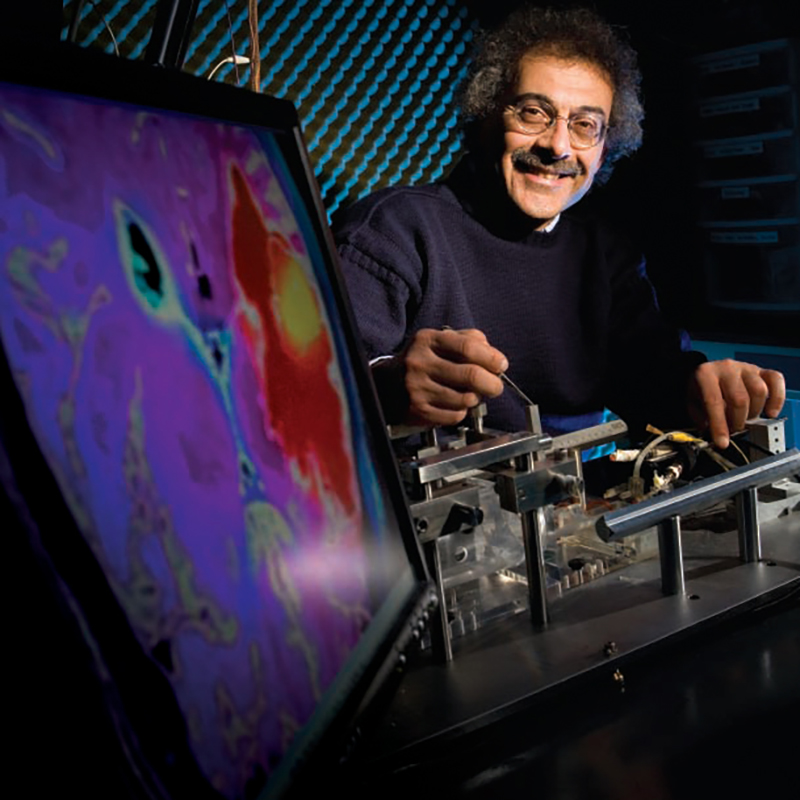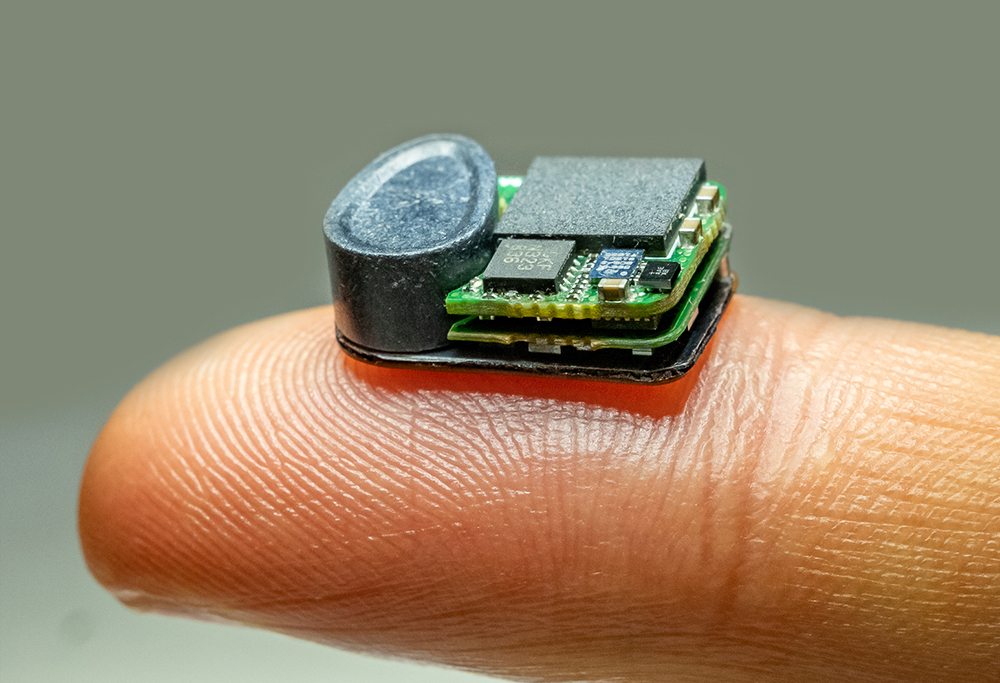News Story
Clark School faculty 'AIM-HI' to address major health challenges
Clark School faculty figure prominently in two of the four joint research projects announced on April 22 as part of the new AIM-HI (AI + Medicine for High Impact) program to target major health care challenges. AIM-HI brings together experts in medicine and artificial intelligence at the University of Maryland, Baltimore (UMB) and the University of Maryland, College Park (UMCP), and is making available up to $1.8 million in funding over three years.
AIM-HI was launched a year ago by Laurie Locascio, vice president for research at both UMB and UMCP, in partnership with deans from both campuses and with support from the two university presidents.
“The AIM-HI program unites unique strengths from both campuses in pursuit of breakthrough efforts that will impact and improve human health,” Locascio said. “These teams of investigators are partnering to address major health care challenges. I have big expectations for what these teams will be able to accomplish and the impact that it will have on Marylanders and around the world.”
The new grants support UMCP-UMB teams investigating new approaches in four areas: chronic pain, mental health, aging and age-associated diseases, and neonatal opioid withdrawal syndrome. Clark School faculty are involved in the mental health and chronic pain projects.
The Clark School’s Carol Espy-Wilson (ECE/ISR) is part of the project, “A Multi-Stage Machine Learning Framework for Prioritization in Mental Health Risk Assessment.” This research seeks to lead a shift in thinking about machine learning in mental health by treating the dominant paradigm of individual-level classification or regression not as an end in itself, but rather as providing necessary components in a broader framework, where the central need is to prioritize available resources effectively, given real-world resource constraints.
Other UMCP faculty on this project are Philip Resnik (Linguistics/UMIACS; also associated with UMCP’s Brain and Behavior Initiative) and John Dickerson (CS/UMIACS). They are joined by UMB’s Deanna L. Kelly of the School of Medicine’s Department of Psychiatry and Maryland Psychiatric Research Center.
Clark School faculty Pamela Abshire (ECE/ISR), Reza Ghodssi (ECE/ISR), and Behtash Babadi (ECE/ISR) are the UMCP researchers involved in “Tackling Chronic Pain: Machine Learning-Enabled Biomarker Discovery and Sensing.” This project will search for novel, localized biomarkers associated with gastrointestinal pain through mass spectrometry imaging as well as proteomic, lipidomic and RNA sequence analysis; miniaturized, multiplexed biochemical sensors to measure localized biomarkers; and machine learning.
All three faculty members are part of the university’s Brain and Behavior Initiative.
The UMB researchers working on this project are all from the School of Dentistry: Robert Ernst, Department of Microbial Pathogenesis; Richard Traub, Department of Neural and Pain Sciences; and Alison Scott, Department of Microbial Pathogenesis.
A third project, “Development of a Predictive Multiomics Platform for the Study of Aging and Age-associated Diseases” seeks to develop an analytical framework to identify predictive functional relationships between changes in different metabolic parameters during aging. The ultimate goal is to generate testable hypotheses about mechanisms contributing to aging under normal and disease conditions and identification of appropriate interventions.
The UMCP faculty member working on this project is Michael Cummings (Biology). UMB researchers are Maureen Kane and Jace Jones of the School of Pharmacy-Pharmaceutical Sciences; and Marta Lipinski, School of Medicine-Department of Anesthesiology and Shock, Trauma and Anesthesiology Research Center.
The final project, “Precision Therapy for Neonatal Opioid Withdrawal Syndrome” aims to improve clinical decision making in the treatment of this syndrome, including the development of clinical and genomic biomarkers to predict withdrawal and treatment response in a unique, racially diverse cohort at the University of Maryland Medical Center and affiliated hospitals.
The UMCP faculty involved are Margret Bjarnadottir, Department of Management Science and Statistics; and Ritu Agarwal, interim dean of the Robert H. Smith School of Business and chair of the Department of Information Systems. UMB researchers are Seth Ament, School of Medicine-Institute for Genome Sciences and Department of Psychiatry; Dina El Metwally School of Medicine’s Department of Pediatrics and director of the University of Maryland Medical Center’s Neonatal Intensive Care Unit; Amber Beitelshees, School of Medicine’s Program for Personalized and Genomic Medicine and Department of Medicine; and Asaf Keller, School of Medicine and chair of the Department of Anatomy and Neurobiology.
“The AIM-HI program represents some of our best research collaboration, leveraging our strengths to address real-world healthcare challenges,” said UMB President Bruce Jarrell. “Not only will this partnering of expertise in medicine and computer science yield new knowledge and new treatments, but it will also lead to countless new collaborations, as we all see what is possible when we work together.”
AIM-HI supports research with strong potential to contribute major scientific discoveries, secure sizable additional external funding and ultimately improve the quality of the life for people in Maryland, the region and the nation through improved patient care or treatment.
“With these projects, we are developing new technologies and approaches to relieve some of the most painful and difficult ailments that afflict people in the state,” said UMCP President Wallace D. Loh. “The progress we make will demonstrate the power of partnership—the edge that our institutions working together can deliver to Maryland and beyond.”
—The Clark School thanks Lee Tune, Hafsa Siddiqi and Chris Carroll for the original versions of this story.
Published April 22, 2020









